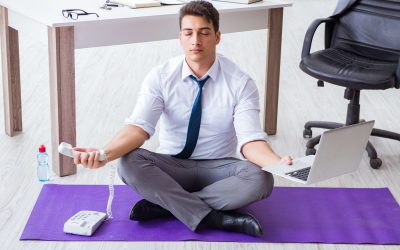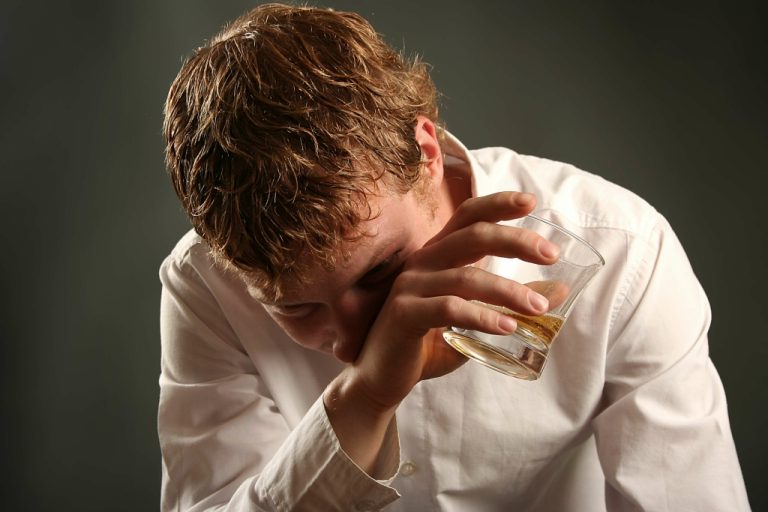Sleep Better Without Alcohol: Natural Alternatives That Work
This article explores the physiological reasons for this reliance and outlines practical steps toward healthier sleep patterns. One of the most important things you can do for your sleep is to find a routine and stick to it. This entails going to bed and waking up simultaneously every day. This may be difficult at first, but it will help your body get into a healthy sleep rhythm. Sunnyside is the leading alcohol health platform focused on moderation and mindfulness, not sobriety. On average, members see a 30% reduction in alcohol consumption in 3 months, leading to improved sleep, diet, and overall wellbeing.
– Plan Your Day So You Don’t Suffer at Night

The body can also develop tolerance, meaning more alcohol is needed over time to achieve the same initial drowsy feeling. This leads to increased consumption, further https://iersanpablo.edu.co/why-are-you-sweating-after-drinking-alcohol-new/ complicating sleep patterns. Sober nights unfold like a time-lapse flower blooming, revealing the vibrant colors of restorative sleep long masked by alcohol’s dulling effects. This poetic imagery captures the transformative journey many experience when they decide to quit drinking alcohol. The path to better sleep after giving up alcohol is not always smooth, but it is undoubtedly rewarding.
- A soothing bedtime routine signals to your body that it’s time to wind down.
- Alcohol may offer temporary relief from stress, but it exacerbates anxiety and depression in the long run.
- Treatment options may include cognitive behavioral therapy for insomnia (CBT-I), an effective non-pharmacological approach that addresses thoughts and behaviors interfering with sleep.
Mental Health Resources
These effects don’t disappear quickly either – sleep disruption can persist for days or weeks after periods of heavy drinking. Now, 2,502 Halfway house days into sobriety, I welcome bedtime each night. I am capable of being alive, which means I feel them all.
- By focusing on when you drink and where you sleep, you can make a real difference in your sleep quality.
- Poor quality sleep due to alcohol use can lead to daytime fatigue, irritability, and difficulty concentrating.
- One of the best ways to stabilize your sleep after quitting alcohol is by supporting your adrenal system, which controls cortisol levels.
- Quality sleep shapes every aspect of your health and wellbeing.
Learn How to Sleep Without Alcohol With Encore Outpatient Services

Poor sleep can sleep without alcohol lead to increased alcohol consumption as a coping mechanism, which in turn can further disrupt sleep patterns. Next, let’s focus on how to get better sleep during alcohol withdrawal and what actually helps. Next, let’s talk about the hardest day when quitting alcohol and why sleep is often the worst at this point. One of the most frustrating parts of quitting alcohol is wondering when the sleepless nights will end. The truth is, it depends on several factors, including how long and how much you drank.
The best sleep comes from allowing your body to fall asleep naturally and get through all of its sleep cycles. The following sleep tips can help you fall asleep and stay asleep for a good night’s sleep. But first, let’s learn about your body’s natural cycle and what happens at each stage. Furthermore, alcohol’s influence extends beyond a single night’s rest. Chronic use can lead to the development of sleep disorders, including insomnia and sleep apnea. Individuals who indulge in alcohol before bedtime often experience insomnia symptoms and feel excessively tired the next day.
Can’t Sleep Without Alcohol: The Science & Solutions
To that end, here are a few alternatives to reaching for the bottle when you’re trying to relax. Optimizing the sleep environment is important for restful sleep. Maintaining a room temperature typically between 60–67°F (15–19°C) is often recommended. Using blackout curtains or eye masks can help eliminate light, and earplugs or white noise machines can minimize disruptive sounds. Limiting electronics at least an hour before bed is crucial as their blue light can suppress melatonin production. Many struggle with sleep and may turn to alcohol as a quick solution, often feeling unable to sleep without it.





